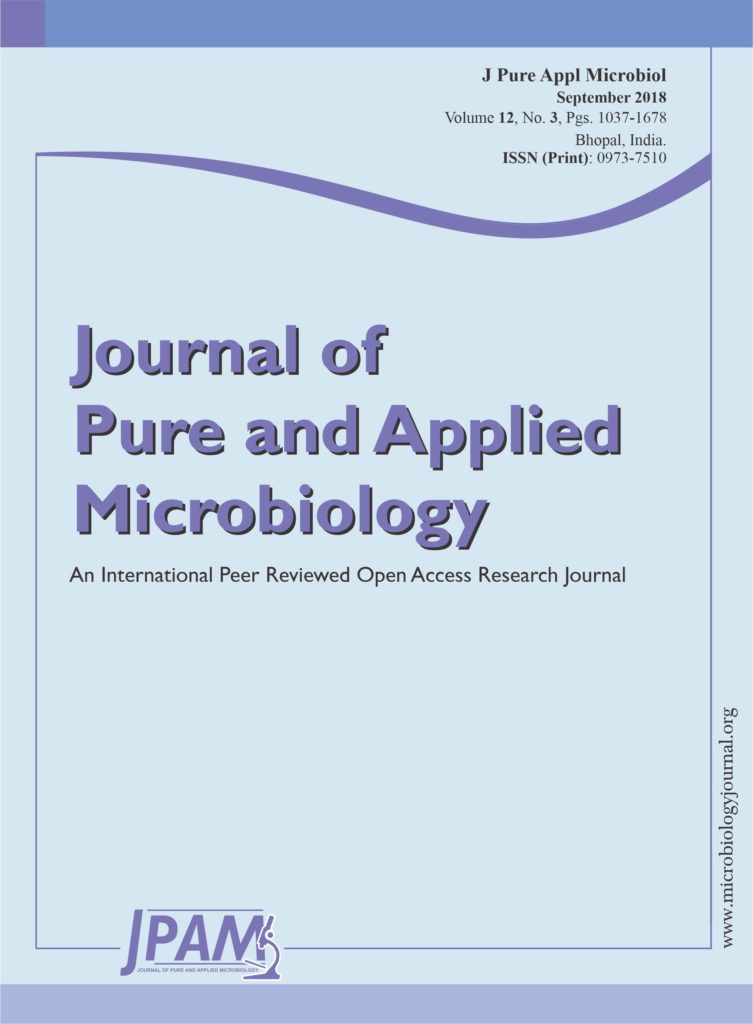The indiscriminate use of pesticides in agricultural practice in recent years has generated various environmental problems, since these compounds tend to bioaccumulate through trophic chains presenting considerable levels of toxicity and conditioning potential risks in ecosystems and public health. In the present work, the ability of a bacterial consortium to degrade carbofuran, malathion and 2,4-D was evaluated. The bacteria were isolated from plots with application of pesticides located in Los Mochis, Sinaloa, Mexico. The bacterial consortium degraded carbofuran (34.99%), malathion (46.68%) and 2,4-D (48.42%) in soil samples contaminated with each of the pesticides, the bacterial consortium degraded in a greater proportion the 2,4-D.
Pesticides, degradation, soil, bacterial consortium, Mexico
© The Author(s) 2018. Open Access. This article is distributed under the terms of the Creative Commons Attribution 4.0 International License which permits unrestricted use, sharing, distribution, and reproduction in any medium, provided you give appropriate credit to the original author(s) and the source, provide a link to the Creative Commons license, and indicate if changes were made.


